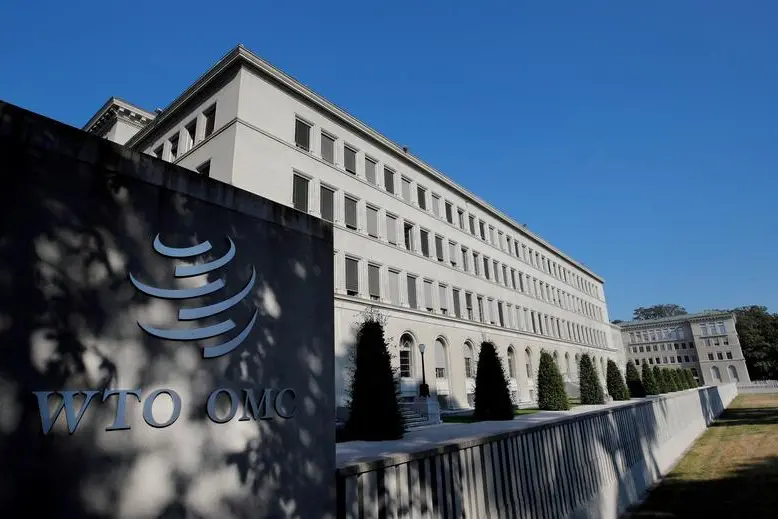PHOTO
JEDDAH: The World Trade Organization (WTO) requires urgent reform in the wake of the COVID-19 pandemic, according to the Think20 (T20) engagement group.
To develop a plan for enhancing the role of the WTO, the T20 took part in the G20 presidency meeting in Saudi Arabia for the Trade and Investment Working Group (TIWG) to serve as a forum for trade negotiations.
Eight recommendations were provided to address issues concerning global trade and enhance the role of the WTO in the international community.
As one of the T20 working groups, TIWG focuses on goods and services, trade policies and socially just, environmentally friendly investment policies that benefit both developed and developing countries.
TIWG also focuses on mitigating the negative effects of globalization to achieve sustainability, balance and inclusive development.
In recent months, the WTO has faced further challenges and growing woes. The appellate body, which arbitrates trade disputes among member countries, must now work on drafting broader trade deals which cover pressing issues related to the pandemic.
Dr. Said Al-Shaikh, lead co-chair of TIWG, stressed the importance of reform.
“There is a better structure than the WTO for international trade. Despite current challenges, the WTO contributed a lot to the global trade agenda, eliminating barriers and establishing regulations to facilitate trade and investment,” he said.
He added that these are challenging times for the WTO — challenges that cannot be ignored and require proper means to solve and prevent a global recession.
“To avert the current global recession, the multilateral, rules-based trading system needs to become more resilient. Therefore, for the WTO to realize its potential, it now needs the collective political commitment of G20 leaders, whose economies account for the critical mass of world trade. G20 members could serve as a facilitating platform to revive the multilateral trading system,” he said.
The recommendations presented by the T20 include providing a mechanism to settle disputes surrounding subsidy issues and activating the organization’s oversight and operational role, increasing the consistency and transparency in trade barriers, addressing the transition to digital trade and developing solutions to dispute resolution mechanisms in the WTO.
The results of the TIWG meeting will help support G20 leaders and trade ministers in shaping the future of the WTO, and combating the economic effects of the pandemic on trade and investment.
In recent decades the WTO has tried to keep pace with developments in the world economy by concluding large multilateral rounds of reciprocal concessions.
However, according to Al-Shaikh, the last decade has seen a failure of the WTO to accommodate economies at different levels of development.
“Current events show that there has never been a greater need for an institution other than the WTO. To overcome the stalemate in the multilateral system, there has been a shift to a more flexible and plurilateral approach, led by the OECD (Organization for Economic Co-operation and Development), including the largest two economies,” he said.
The lead co-chair added that, given the huge challenges in dispute settlement, a resolution to the trade body’s issue is unlikely any time soon. Despite this, he remains hopeful.
“The EU, Canada and a number of other WTO members appear to have come to the same conclusion, as they set up a so-called interim appeal arbitration mechanism among willing member states as a contingency measure,” said Al-Shaikh.
He said the mechanism suggests that there is a shift away from the rules-based trading system, and a reversion to the negotiation-based model that existed before the conclusion of the Uruguay Round (trade negotiations that were conducted between 1986-1994 that resulted in most of the WTO agreements as part of the General Agreement on Tariffs and Trade framework that embraced 123 countries as “contracting parties”).
Copyright: Arab News © 2020 All rights reserved. Provided by SyndiGate Media Inc. (Syndigate.info).





















